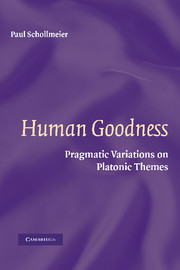6 - A Question of Cosmology
Published online by Cambridge University Press: 28 July 2009
Summary
1. The electric bulb suspended over my head has the power to obliterate the divine sublimity of the starry heavens above! Who would ever have imagined it! But the denizens of our cities can bear witness to this unfortunate fact. Our technology in a form seemingly so insignificant can blind our eyes and even dull our minds to the magnificence of nature and perhaps to nature herself. When combined with myriad others, this puny appliance can pretend to vie with the celestial bodies and their powers, almost as the Titans of old strove against the ancient gods and their authority.
Nevertheless, I do not believe that we face an environmental crisis. We do have environmental problems aplenty, I admit. But our crisis is a crisis of the human spirit. We fail to grasp what I would call the mysterious divinity of life and of existence itself. If we do get an occasional glimpse of it, we neglect to incorporate this divinity of nature into our daily thoughts and lives. As a consequence, we live lives empty and lonely in isolation not only from nature herself but also from one another and from our own selves.
I concede that we admire nature, particularly when we view her as pristine and untrammelled. We have enshrined national parks and wilderness areas in her name. We take sojourns into these natural sanctuaries on holidays, weekends, and vacations.
- Type
- Chapter
- Information
- Human GoodnessPragmatic Variations on Platonic Themes, pp. 192 - 237Publisher: Cambridge University PressPrint publication year: 2006



